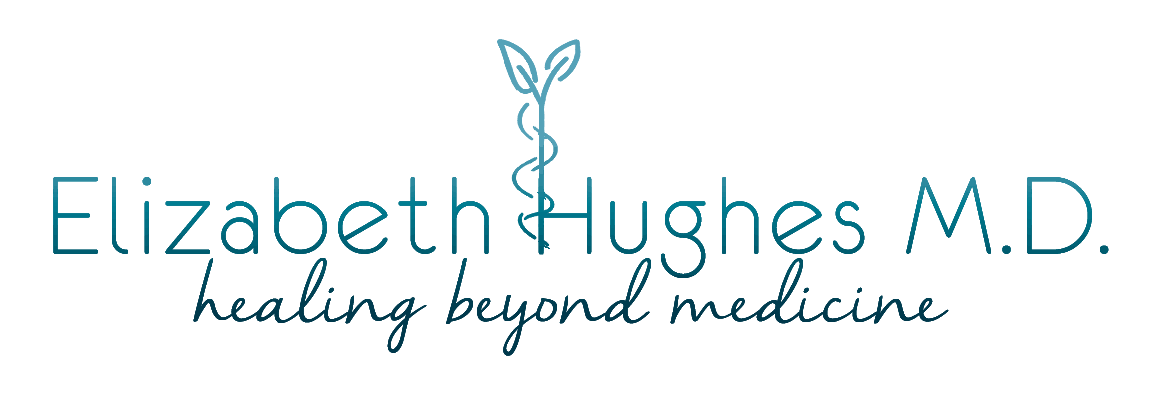Putting Medical Science Under the Microscope, Part 2

- Statins Increase Diabetes Risk Up to 50% in Older Women
- ‘Suggestion’ of Brain Changes With Statin Use
Statins, such as Zocor (simvastatin), Crestor (rosuvastatin), and Lipitor (atorvastatin), are widely prescribed cholesterol lowering medications. Millions of prescriptions for statin medications are filled each year, making this class of medication among the top 10 most prescribed medications in the US year after year. Statins are considered so effective and so safe, that the U.S. Preventive Services Task Force recommends that anyone over 40 should consider taking one. I’ve even heard fellow physicians joke that statins should be put into the water supply.
Apparently it’s not that cut and dry.
Statins, which are routinely prescribed to lower risk of heart disease in people with diabetes, may actually contribute to diabetes.
With as little as six months of use, there are detectable alterations in brain function. And that’s in normal volunteers with an average age of 48 years old. What happens when an older person who may have risk factors for cognitive decline, such as microstrokes, or has another neurologic disease, such as Parkinson’s disease, takes these medications for years?
And what about the basic premise of statins: by lowering “bad” cholesterol and the levels of other fats (lipids) in the blood, they prevent heart attacks and lower chronic heart disease. Even these supposedly established, unquestioned facts may not be true.
Since I graduated from medical school in 1994, I’ve seen medicine take a number of major U-turns. As a medical student, I was taught that estrogen was protective against heart disease and that post-menopausal women should be prescribed hormone replacement therapy routinely. A few years after I graduated, overwhelming evidence that hormone replacement therapy actually caused heart disease came to light.
A similar scenario played out with the medication Vioxx. Hailed as a safe anti-inflammatory for arthritis, particularly for older patients and people with stomach ulcers, it too caused heart attacks and was withdrawn from the market.
When it comes to our health, we want certainty and we want safety. Science promises us these things, but does it deliver?
Please understand that I don’t believe scientists are intentionally deceiving anyone. Nor do I believe they set out to cause harm. My point is that science has biases and blind spots, and that even the “best” evidence can be wrong. Science can’t guarantee health because science doesn’t have all the answers.
More and more we live unbalanced, unhealthy lives, taking our health for granted, and trust that when we become sick the latest wonder drug to cure us. It’s time to ask ourselves if we can or should rely on science alone to keep us well. Or should we be looking outside the scientific box when it comes to our health.

